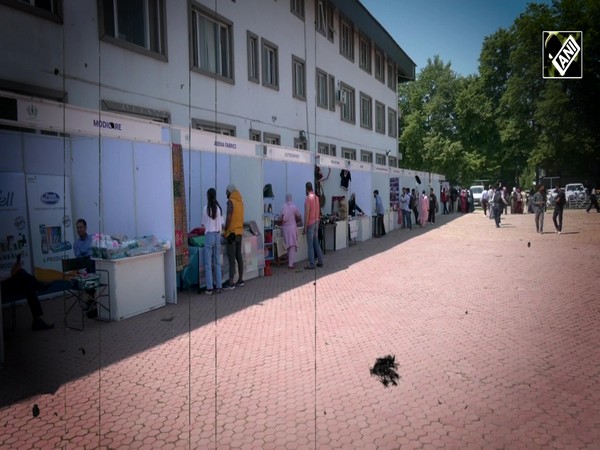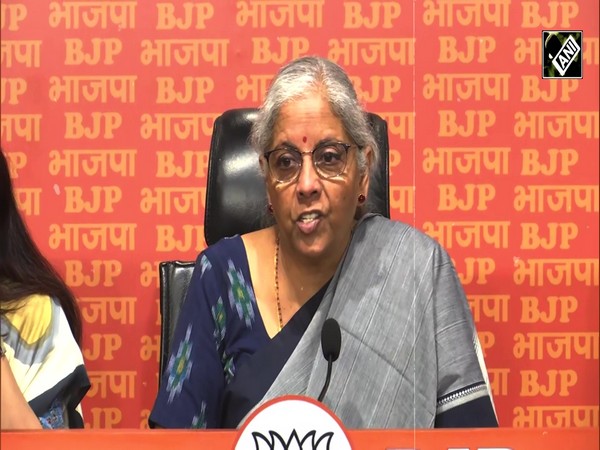Forum adds facilities of Cipla, Dr Reddy's Lab, Mondelez to list of best-performing factories
Oct 11, 2022

Geneva (Switzerland), October 11 : The World Economic Forum (WEF) on Tuesday announced the addition of 11 new factories and industrial sites to its Global Lighthouse Network.
The Indore facility of Cipla, Hyderabad facility of Dr Reddy's Laboratories and Mondelez facility in Sri City are the homegrown companies among these 11 factories added.
Global Lighthouse Network is a community of over 100 manufacturers that are showing leadership in applying Fourth Industrial Revolution technologies to drive impact in productivity, workforce engagement, sustainability, and supply chain resilience.
The WEF said four lighthouse members with outstanding environmental footprint reductions were gaining the additional designation of Sustainability Lighthouses. Unilever in Dapada, India, is among these four.
The WEF also said amid warnings of a global recession, energy price hikes and disrupted supply chains, these factories offer business leaders and policymakers examples of how the manufacturing sector can stay competitive and continue to create jobs.
WEF Head Advanced Manufacturing and Value Chains Francisco Betti said: "Manufacturing is the backbone of both social and economic development. With the right corporate strategies and industrial policies, it provides high-wage jobs, commercial innovation, and drives environmental sustainability - even in times of crisis."
WEF said Cipla deployed digital, automation and analytics solutions to 22 Indian sites in parallel to preserve access to high quality affordable drugs globally while facing an increase in material and labour costs.
On Dr. Reddy's Laboratories, the WEF said its 25-year-old site in Hyderabad embarked on large-scale digitalisation to sustain and grow in the generics pharma market after facing business challenges from severe price erosion and rapidly evolving quality expectations.
The Forum also said Mondelez's Sri City deployed end-to-end digitalization, predictive analytics, artificial intelligence and advanced automations to increase labour productivity by 89 per cent, reduce manufacturing costs by 38 per cent and sustain 50 per cent female workforce.
"Manufacturing is the backbone of both social and economic development. With the right corporate strategies and industrial policies, it provides high-wage jobs, commercial innovation, and drives environmental sustainability - even in times of crisis," said Francisco Betti, Head of Advanced Manufacturing and Value Chains at the World Economic Forum.
McKinsey & Company Senior Partner Enno de Boer: "It's hard enough to digitise a single site. But then how do you scale from one site to many? Especially small sites, all different from each other, with old equipment and old ways of working. That's what keeps so many companies from digitizing successfully--they think it can't be done at scale, so they don't try. And they're left vulnerable to the next big shock."



















